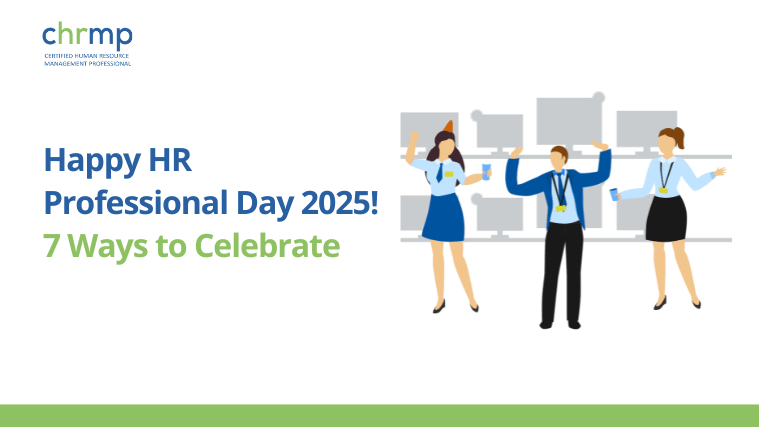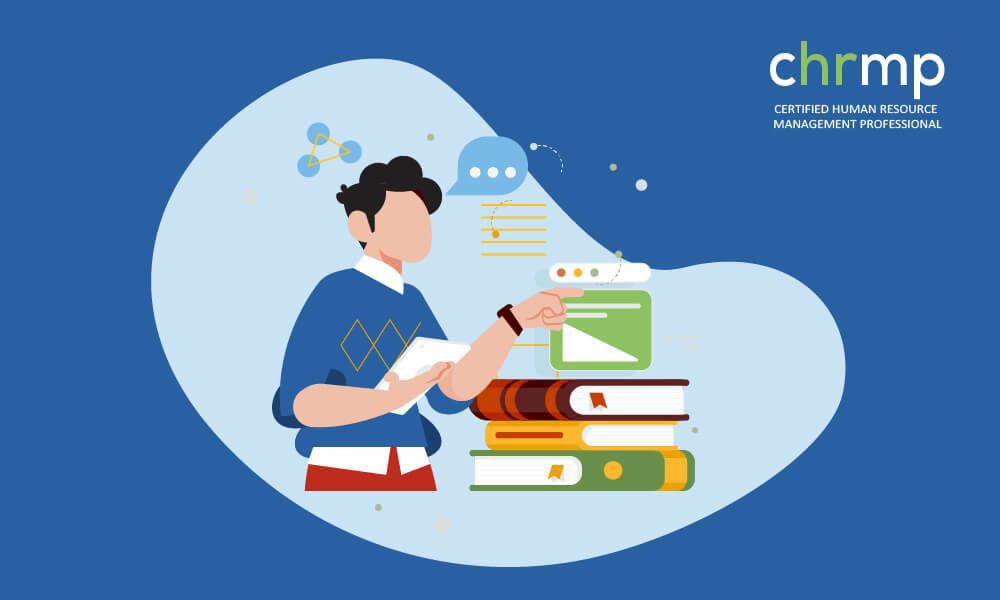

Being a quick learner is a very important facet, if you want to excel and achieve success in life.
Quick learning is becoming the order of the day, due to the steadily increasing competitive environment around the globe. It may be termed as a strategy for acquiring skills and knowledge with an aim to improve oneself.
An individual equipped with the newly learnt skills, may have a better chance of succeeding in life. Also, one should always remember that learning styles and learning goals are always self-driven.It is also how you make decisions about what to learn and what not to learn.
An individual should always be in the driver’s seat, in order to be a quick learner, lest they get trapped and lost in the enormity of information and text books available on the subject. Each day a new write up is available regarding the subject.
Before reading this blog, it is advised that you may go through the following blog, published by us earlier.
Why Quick Learning is Important in Modern Times?
Below are given 8 tips, which may help you in your journey to be a quick learner.
Preparing or deciding a road map is the first step towards quick learning. An appropriately designed road map of learning process will dispel all your doubts and confusions on
A clear cut answer to these three questions will help you to decide a road map, best fitted to you.
To know more about how the road map of the quick learning process is prepared, please refer to the following blog, published by us earlier.
What is Quick Learning and How to Prepare a Road Map to Be a Quick Learner.

Photographer: Chase Clark | Source: Unsplash
In order to be a quick learner, avoiding the distractions and ability to concentrate on the vital aspects is the most important facet.
Some other important things are:
People generally do those jobs first, which they feel are convenient to be done and also, in which their comfort level is high.
Instead start your learning process by learning the things first, which you want to be good at, even if these are inconvenient and uncomfortable.
Identification of weaker points, which are stopping you from being a quick learner, is the first prerequisite. After this has been done, be ruthless in attacking the weaker point in you.
If the job is too complex, it is better to break it into small parts. Each small part should be learnt perfectly. After all small parts have been mastered, build them back together. This will enable you to do the complex job in an easy manner.
The activity of assessing yourself must continue during the entire quick learning process. It must be noted here that testing is not only a method of knowing, if skill acquisition is happening or not, but also a way of creating it.
For this, it is better to consult peers ,friends and experts in the field. Their help may be taken to test in which stage of quick learning goals you are.
If your boss is admonishing you for slow pace of learning, never mind it. Take even the strongest criticism in the most positive manner. This will help you to build up fast in being a quick learner.
Developing intuition is the best way for quick learning. Remember that intuition is not a gift but an ability, which is latent within us all. They can be developed through spiritual practices, such as pranayam and chanting of mantras and by various forms of services to others, such as prayer and spiritual healing(reference www.aetherius.org)
Some other things, which may develop intuition are:
Sometimes exploring untreated paths brings extra-ordinary success in quick learning. Hence, think out of the box and get out of your comfort zone. It may succeed like anything. You may get spectacular results by this.
In this section, we will discuss the concepts of change management. Change management is the process by which a person or organization changes its practices, procedures, policies, attitudes, beliefs, etc., to achieve desired results. It includes planning, implementation, evaluation, improvement , learning and development. The goal of change management is to ensure successful organizational transformation. Organizational change management can also be described as “the art of making things better”. We will see how change management can help you achieve your goals in life and work.
Change Management: A New Concept for You?
The concept of change management was introduced by Dr. Edward Deming in his book Out of the Crisis. He defined it as “a new way of thinking about business problems that helps us understand why some organizations succeed while others fail.” In simple terms, change management means managing change rather than being changed by it.
The benefits of being a quick learner include:
HRM is the process of managing human resources. This includes hiring, firing, training, compensation, benefits, performance management, etc. The goal of HRM is to increase productivity and profitability for the organization. Employee training and development in HRM will help to improve employee retention rates and reduce turnover costs. Manageable chunks of information should be presented in short sessions at frequent intervals.
A good example of effective HRM is given below:
“I am going to give you a task and then I have two choices. Either I can do it myself or ask someone else to do it for me. Which option would you choose?”
Change management is an important element of any strategic plan. Change management is the key to success in any business environment. If you want to be more productive, then you need to learn how to manage an effective strategy in order to achieve more development opportunities .
There are three basic steps involved in the change management process:
It is always best to start with a well thought out plan.
Types of Learners
There are different types of learners as a part of human development . Each type has their own characteristics , there are different types of learning skills and learning styles ; Here are the most common types of learners using various active learning strategies:
Visual learners prefer visual materials such as charts, graphs, diagrams, pictures, etc. They like to use visuals because they can easily grasp information from these materials. These people also have poor auditory skills. They tend to memorize what they read instead of understanding it. A mobile device can help them visualize data.
Auditory learners prefer audio materials such as lectures, podcasts, videos, etc. They like listening to material because they can listen at their own pace. They usually do not remember much after hearing the lecture. Online learning is used to help them listen to audio files.
Kinesthetic learners prefer physical activities such as playing sports, dancing, exercising, etc. They like doing things because they feel better when they are physically active. It is difficult for kinesthetic learners to sit still for long periods of time.
Learning Styles
Learning style refers to the preferred method of learning. There are four main categories of learning styles:
The concrete learner prefers visual learning methods such as watching movies, reading books, listening to music, etc. They prefer to see objects rather than hear about them.
Abstract learners prefer verbal learning methods such as listening to lectures, discussing ideas, writing papers, etc. They prefer talking about subjects rather than seeing them.
Active learners prefer hands-on learning methods
Tactile learners like to feel objects before they decide whether they would like to buy them. They like to touch, smell, taste, etc.
Logic learners prefer logical arguments. They like to think rationally. They like to solve problems using logic rather than emotions. Distance learning activities can help them learn more effectively.
Intuitive feelers like to understand things by feeling or touching them. They like to try new things. Therefore, they enjoy trying new ways of learning.
Emotional feelers like to know how they will react to situations. They like to know if something will make them happy or sad.
8. Emotional Learners
Emotional learners love to connect emotionally with other people. They enjoy spending time with friends and family.
What are the qualities of a quick learner?
A quick learner is someone who learns quickly from experience, especially when they have no previous knowledge. They learn new things easily and retain what they learn for a long period of time. Quick learners are usually better at solving problems and making decisions, and they also tend to be more creative and innovative.
The ability to think critically is another trait associated with quick learners. Critical thinking involves using logic and reasoning skills to evaluate information and ideas. It allows people to see through false assumptions and recognize biases. This skill helps them identify logical fallacies and avoid common mistakes.
What is learning retention?
Ripples Learning is continuously striving to add value to knowledge pertaining to the human resource field, through its blogs and different state of the art programs.
For knowing more about us, please go through the following websites:

© 2007-2025 CHRMP| All Rights Reserved | Powered by Ripples Learning & Research Private Limited

Fill in the below details to get a HRBP Advanced Program Plan.
